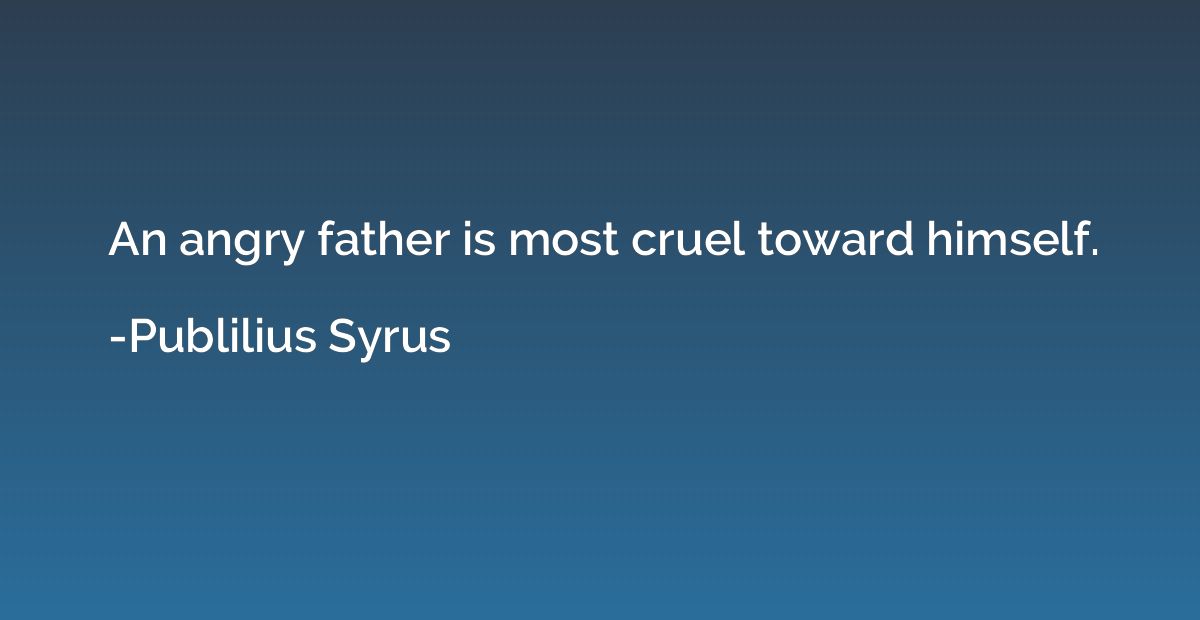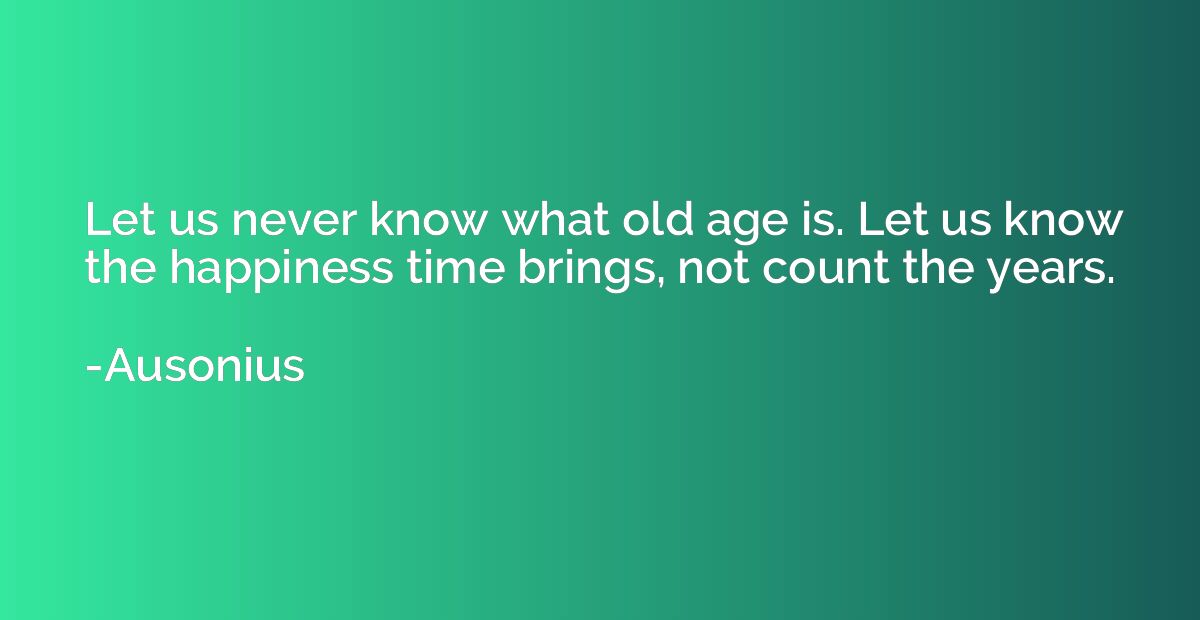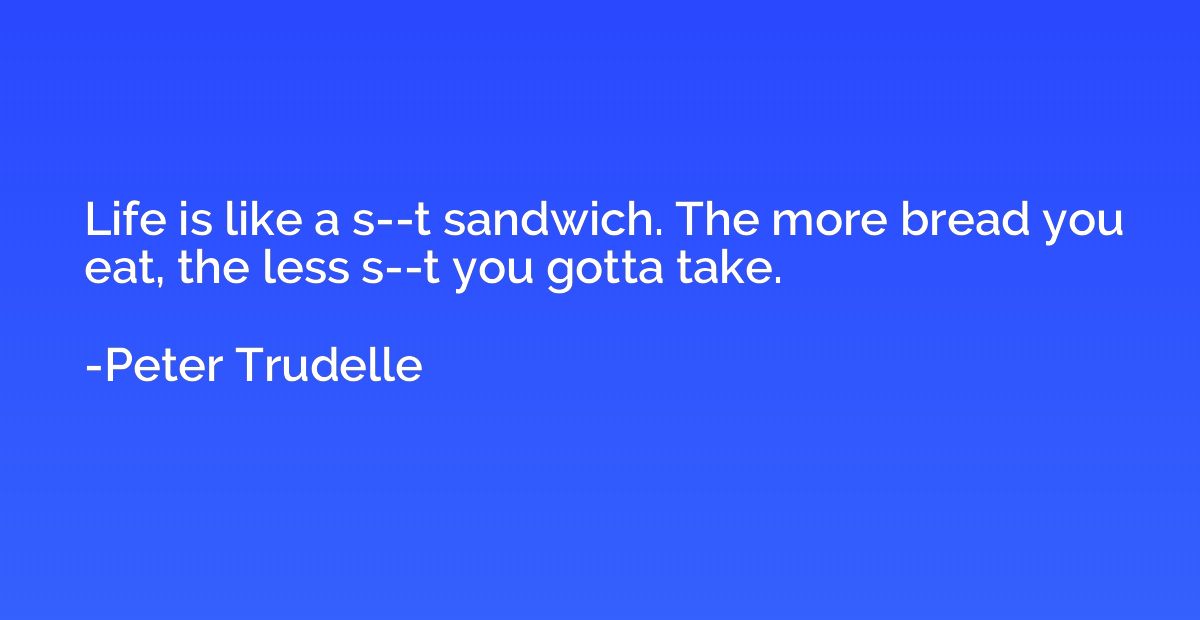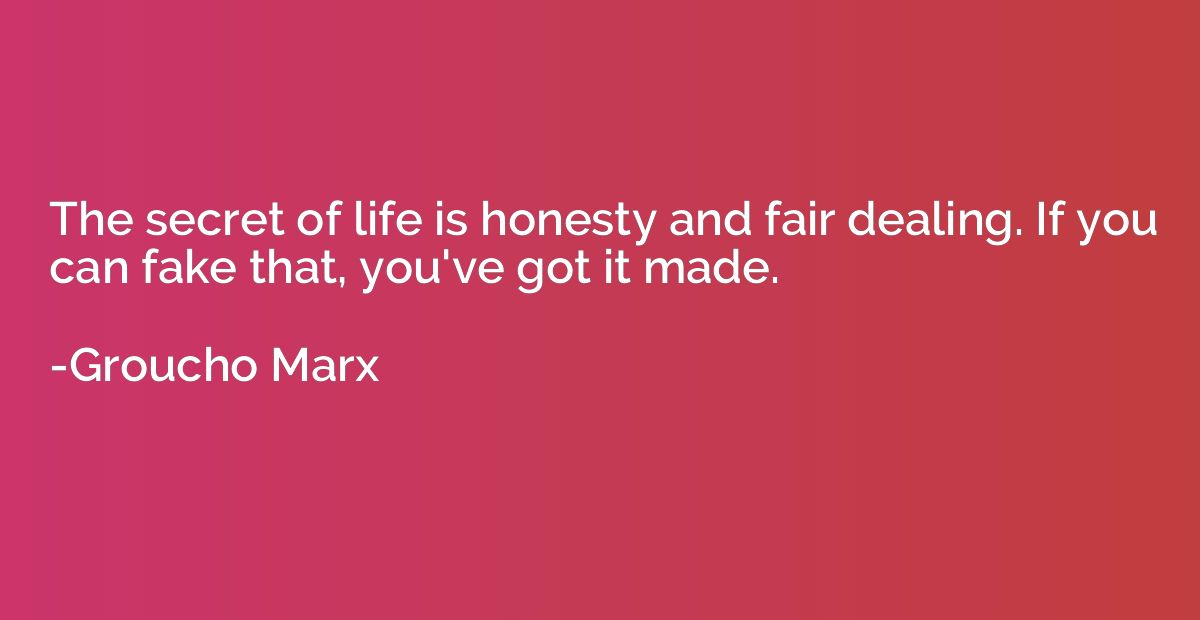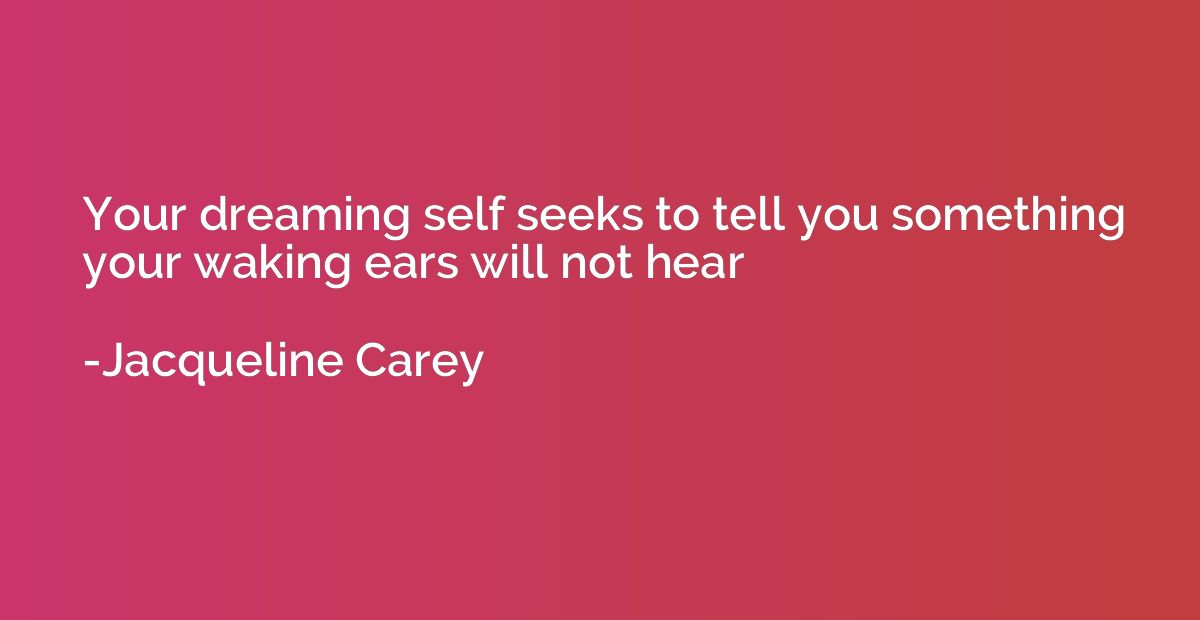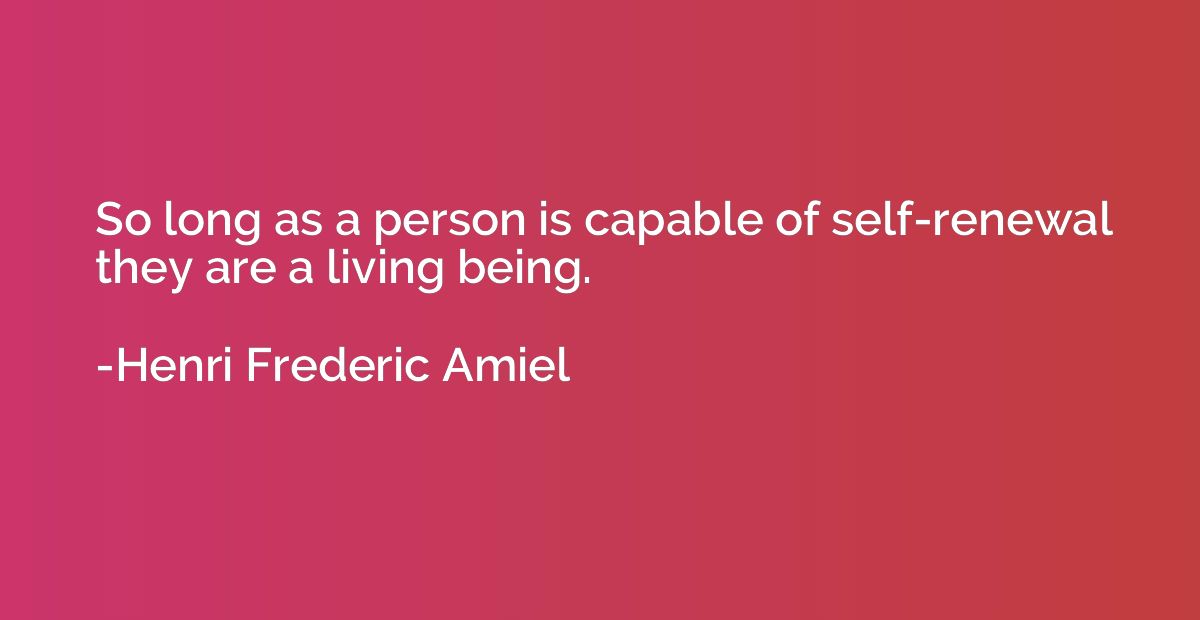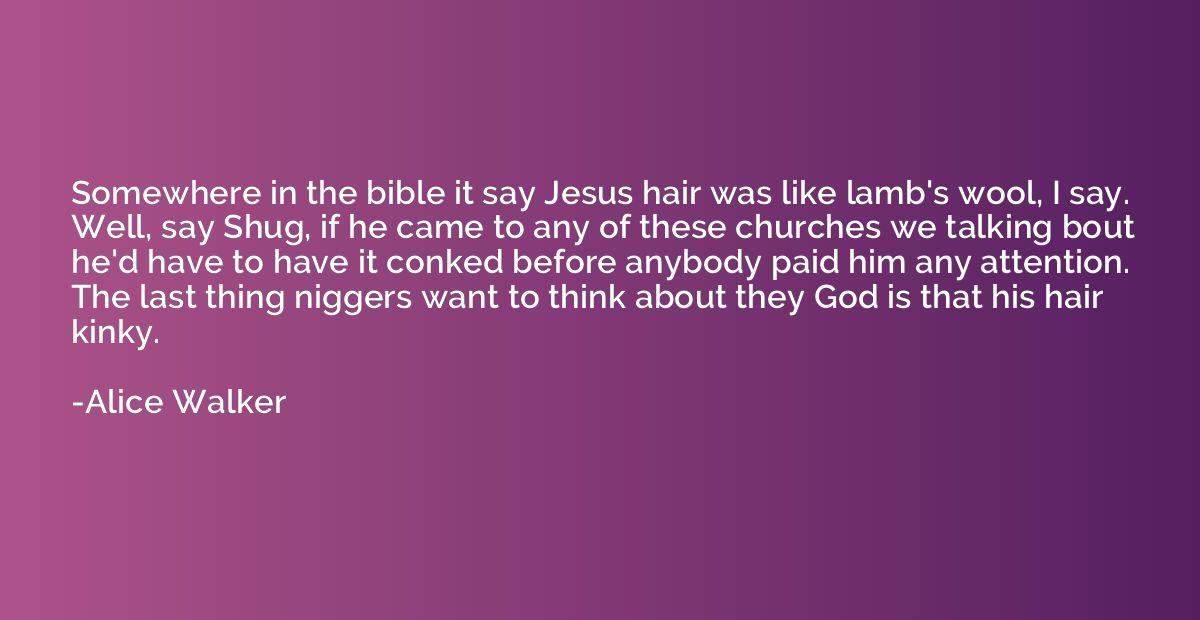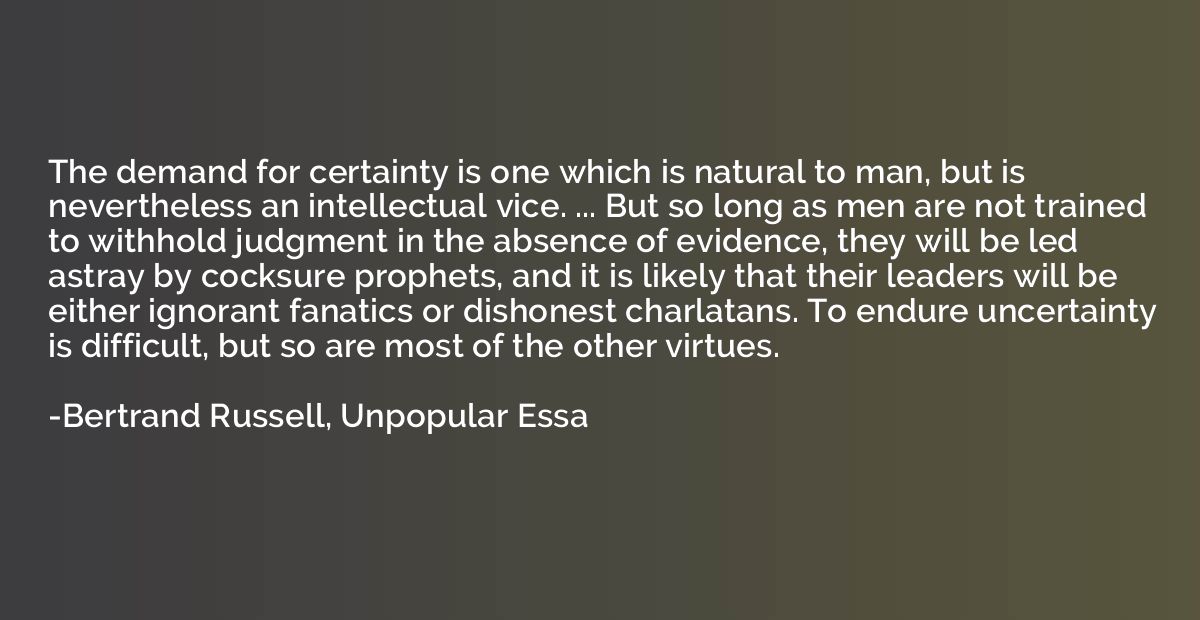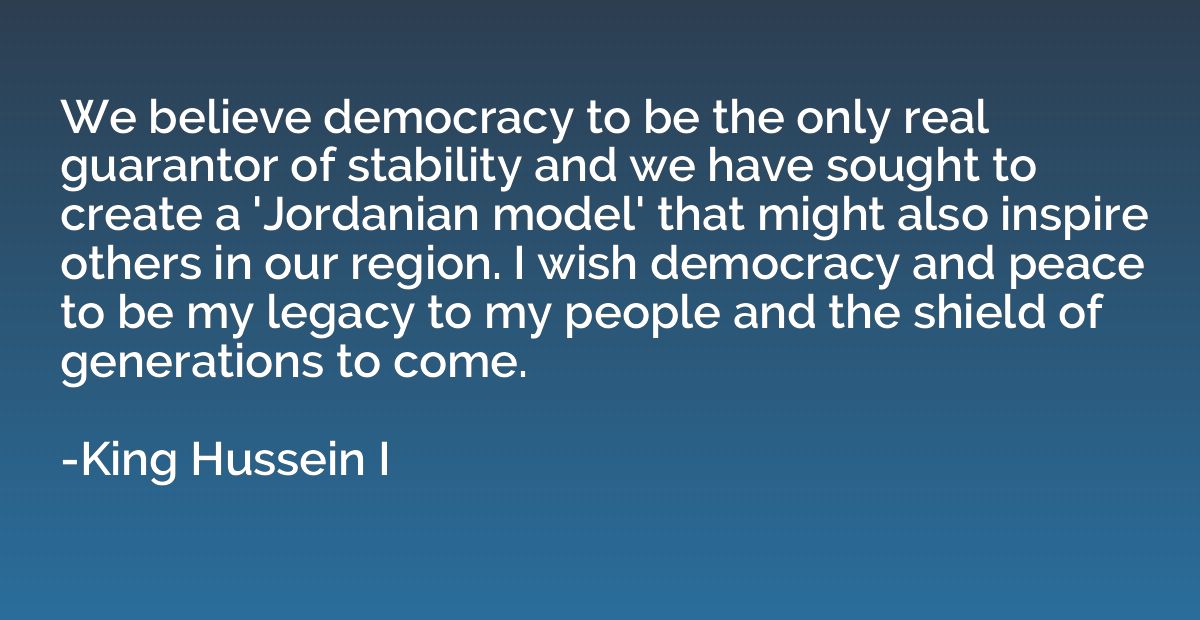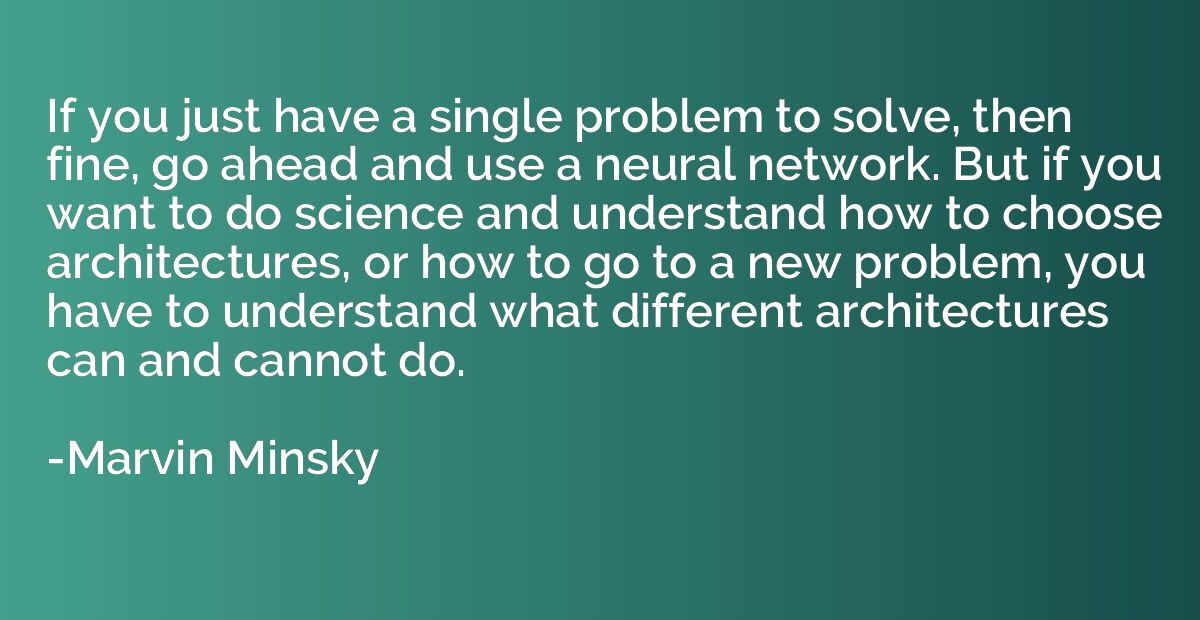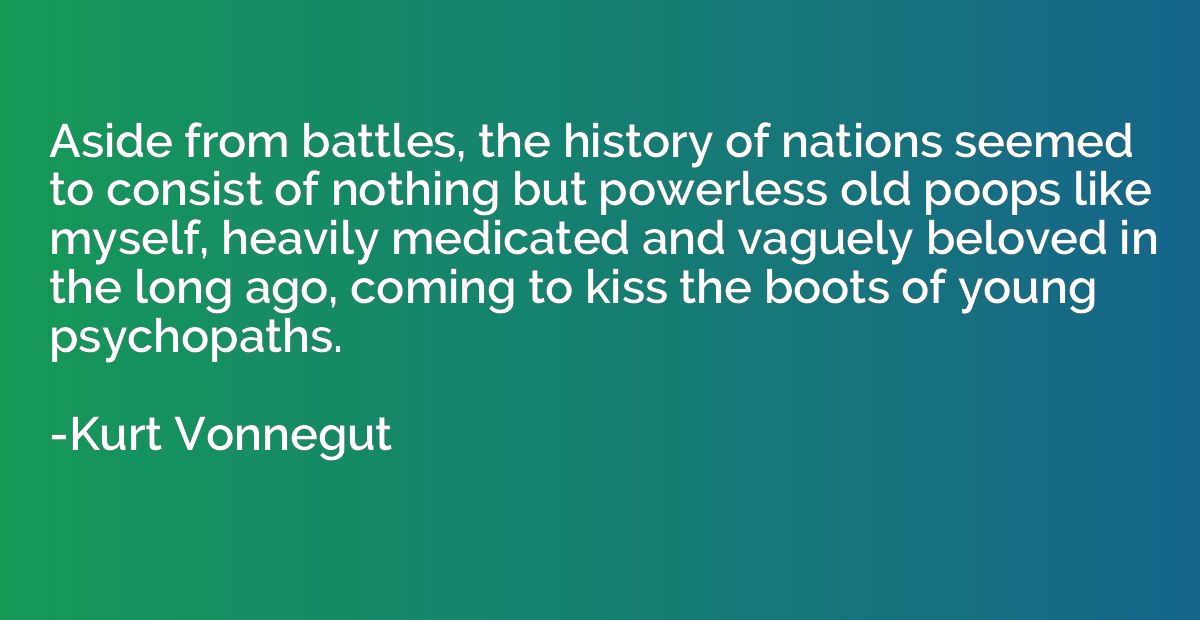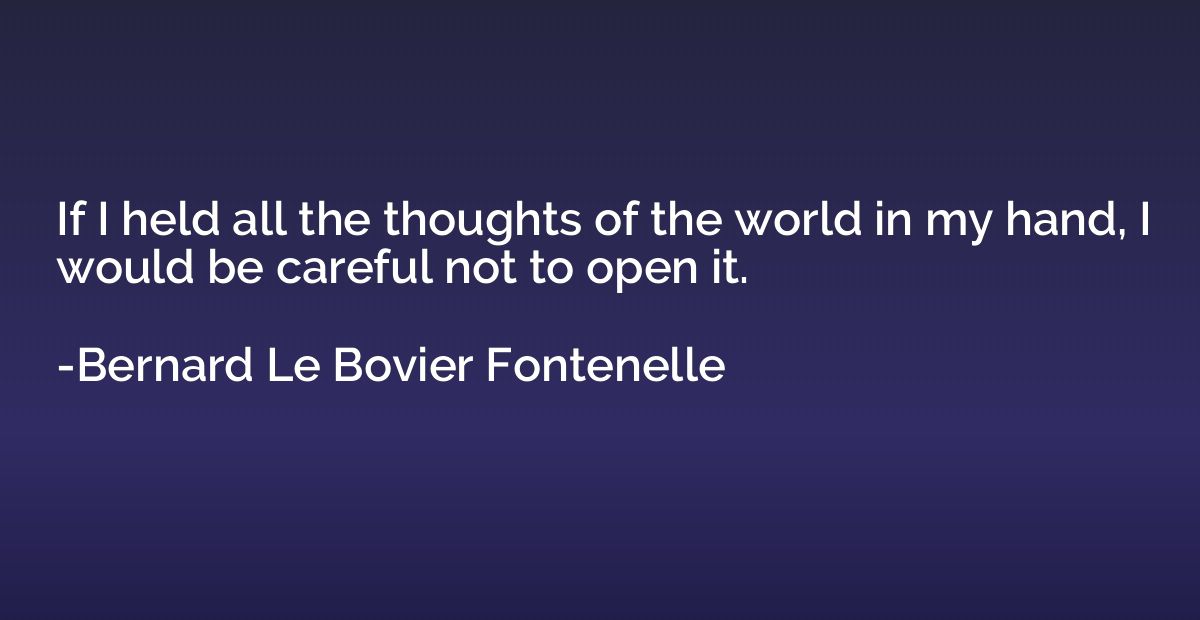Summary
This quote suggests that when a father becomes angry, he tends to harm himself emotionally or mentally more than anyone else involved. It implies that a father's self-criticism, self-loathing, or internalized guilt emerge as a result of his anger. His remorse or self-punishment may stem from feeling responsible for the situation and the pain it has caused, revealing an inner cruelty that he inflicts upon himself. The quote underscores the notion that anger, especially within a paternal figure, can have destructive consequences that extend beyond external expressions of anger.
